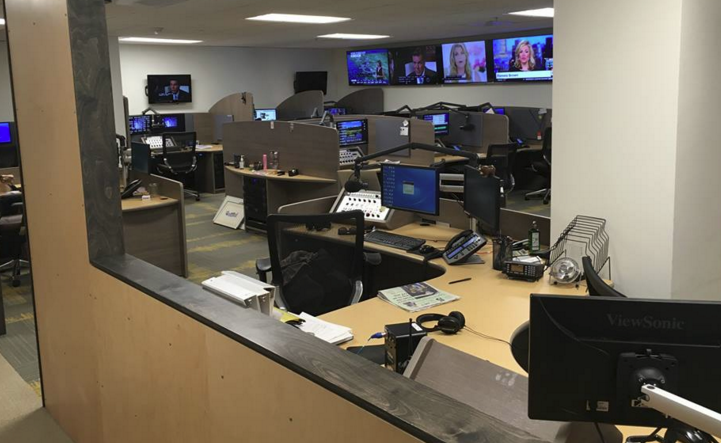Radio news in the age of COVID-19 is under threat, but it shouldn’t be

Much has been made of the diabolical situation that the radio industry, and the rest of Australia, is facing from the threat posed by the coronavirus.
Times are tough and are likely to get tougher across the board. Revenue is down as advertisers lay off staff and grit their teeth for the months ahead.
Networks have responded by instructing staff to work from home, take leave or take a pay cut to see them through to better times.
At least one network is believed to be exploring the option of dumping their news services in a cost-cutting measure.
It throws up an interesting point. In the game-changing era of COVID-19, where misinformation and falsehoods find fertile ground online, how ‘valuable’ is news?
I happily admit to being 100% biased. News has been my life for years and, as demonstrated during the recent bushfires, I believe journos rise to the occasion during the major events.
New data out of the US suggests that news is more important than ever to listeners, who are changing their listening habits to get the latest developments on an issue that is directly impacting their community.
Research from Triton Digital, BuzzAngle and AlphaData, has found music streaming declined in the week March 13-19. Further, the Triton data reveals growth in listening to the news format on both AM/FM streams and station formats.
Triton’s Webcast Metrics has found a 14% increase in the share of streaming attributable to News/Talk formatted radio stations.
Those numbers are somewhat reflected in the UK. According to Global, owners of Capital FM and talk station LBC, those forced to stay at home appear to be listening more to radio than music apps.
It’s found online radio listening had risen by 15%, while the BBC has revealed streaming of its radio stations had risen 18%.
So, what does it mean for the Australian radio industry?
Anecdotally, we know people tune into radio in times of crisis. It may be to re-establish connection with the outside world, to rebuild a sense of community or perhaps just the comfort of a familiar voice coming from the speaker.
But it also suggests that the service provided by journalists across the country are also pivotal and shouldn’t be seen as the low-hanging fruit to be plucked in a desperate bid to strengthen the bottom line.


